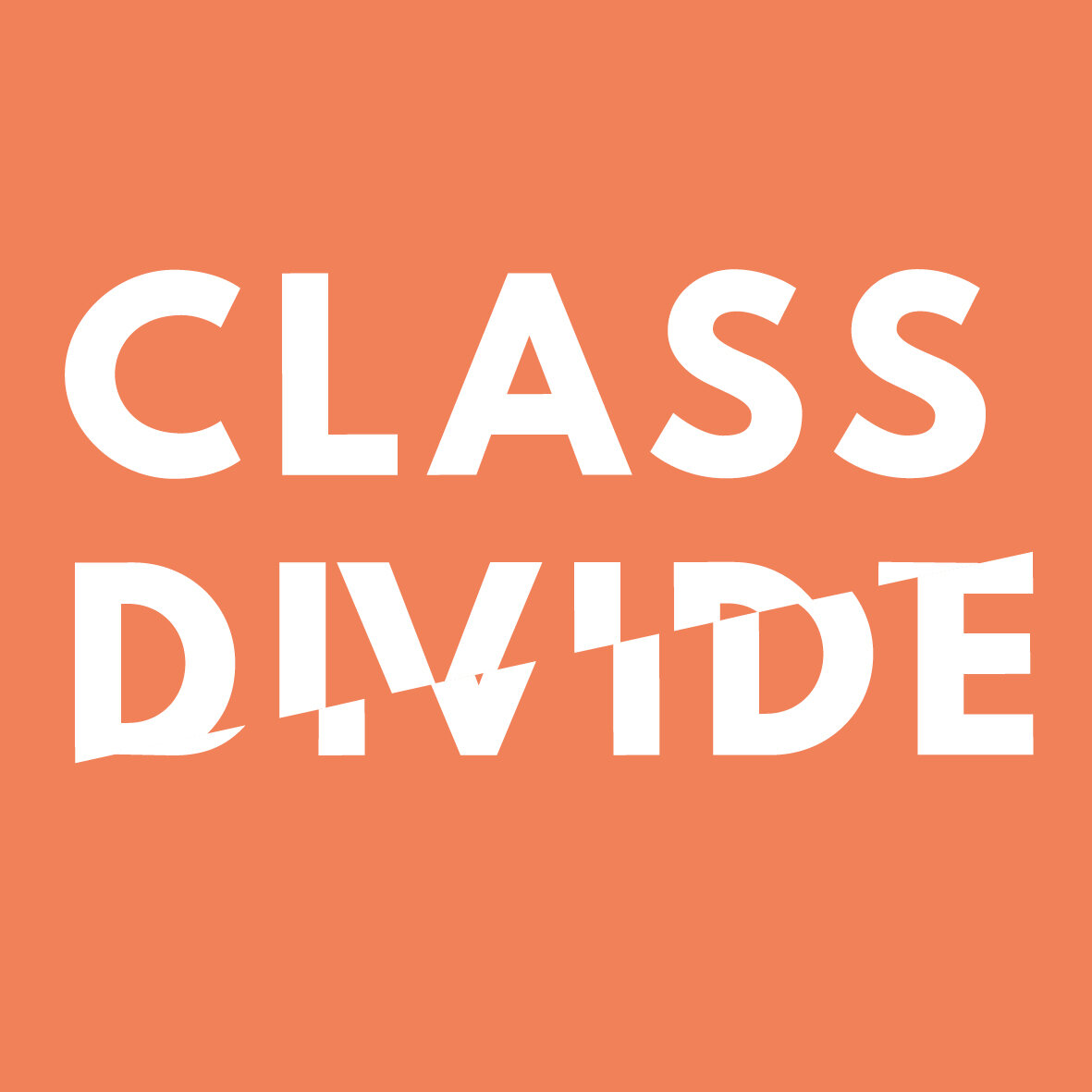One Foot in the East, One in the West: Standing at the Line Where Power Shifts
Episode Trailer
Curtis’s reflections on Episode 3 of Class Divide Series 2 - Out of the hollows
At the Royal Observatory in Greenwich, there’s a brass line that runs through the cobbles—zero degrees longitude, where East meets West. I started this final podcast episode standing there, looking out across the Thames, thinking about time, maps, and invisible lines of power.
I went there to ground the story in something bigger than just Brighton. Because what we’ve been trying to change over the past six months isn’t just a local admissions policy—it’s the shape of a system that has, for decades, pushed some children to the centre and others to the margins.
When I started researching and writing Episode 3, what was really on my mind was power. Where does it live in our education system? Who gets to shape it? And why is it so difficult to shift?
A lot of the debate around the proposed changes has felt incredibly personal. It’s been emotional, and at times, painful. But what’s often missing from those conversations are the structures and systems working in the background—the ones that got us here, and the ones that keep things as they are. I wanted this episode to shine a light on that hidden scaffolding.
So that’s what I set out to explore.
I started with school leadership and governance—who really calls the shots; headteachers or governors? I moved on to the national picture around catchments and admissions, and how the way we design access to education quietly protects privilege. From there, I looked at private schools—not just as elite institutions, but as pipelines into media, culture, and government, shaping how policies are made and whose stories get told.
That part hit me hard. Because when you trace the throughline from elite schools into civil service policy-making, or television commissioning, you start to see how power protects itself. How a system built for a few keeps telling the many: “You don’t belong here.”
Then I turned to the legal system—how families with resources are often able to use legal processes to secure outcomes for their own children, or challenge policies meant to make things fairer. It’s not a level playing field. And sometimes, legal pressure alone is enough to quietly derail systemic change, even before a case is heard.
Finally, I came back to local politics, as the vote approached. To the council chamber, the press table, the tension in the room, and the parents in the public gallery who’d spent months—years—fighting to be heard.
I made this episode because I wanted people to understand that the system we’re in isn’t natural, or neutral. It’s been designed. And it can be redesigned.
But I also wanted to create space. Space to stop pointing fingers. Because if this episode shows anything, it’s that all of us—parents, teachers, councillors, heads—we’re caught in a system that constantly pits us against one another. A system that says there isn’t enough to go around. That someone else’s gain must be your loss. That tells us to retreat, protect, compete.
That kind of logic leads nowhere good.
I’ll be honest: I feel a bit bruised after the past six months. But I also feel more committed than ever to building something better. For the kids coming up now, for the next generation of parents.
While there’s been disagreement and tension over recent months, my hope is that this episode can help create some space for reflection. Whatever your position, I believe most of us want the same thing: a fairer, more inclusive education system for the next generation. That’s going to take ongoing dialogue and, where possible, working together.
This episode is the end of a series, but it’s not the end of the story.
So please, listen to the episode. Share it if you can.
—
🎧 Listen to Episode 3 here
💬 Share your thoughts on social @divideclass
